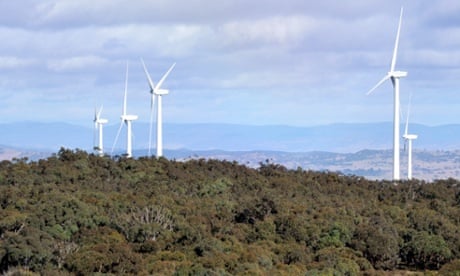The wholesale price of electricity should remain flat and could even fall, according to new research from the rating agency Moody's which will be welcomed by government and consumers.
New offshore wind farms, better insulated houses and the possibility of weaker gas prices are likely to combine to help halt what many expected to be a steady rise in retail prices.
The ratings agency also believes that a much-feared energy crunch which could take the lights out as soon as this winter or next will be temporary, with capacity margins rising to reach almost 20% by 2020.
"We believe that widely expected tightness will be shortlived as energy efficiency gains, the rollout of offshore wind power and the return of mothballed gas plants will keep prices in check", said Scott Phillips, Moody's vice president and senior analyst. "Our view is that power prices will stay around current levels, or £48-53 per megawatt hour, through the end of the decade", he added.
The assessment by Moody's runs counter to the message put out by the energy sector, which has warned that prices are on an ever rising trajectory made worse by government environmental and social obligations.
Moody's does not look to predict the retail price but says "we do not fully share this view" of the power industry that UK prices will rise sharply due to the retirement of old coal and oil plants, the government's introduction of a minimum carbon price and increasing commodity costs.
"While the reserve margin will likely tighten in 2015, which is positive for prices, we see it widening out again from 2016. Our view reflects a large amount of renewable capacity to be added onto the electricity grid, particularly in offshore wind (reaching 10GW by 2020) and solar photovoltaic (reaching 7GW by 2020).
"These additions will be supported by the UK government's Contract for Difference (CfD) subsidy mechanism, introduced to encourage the deployment of renewables and to help meet the UK's legally binding renewables target."
Earlier this week the energy regulator, Ofgem, warned that customers face an "outside chance" their lights will dim during a harsh winter as the infrastructure operator, the National Grid, tries to balance out supply and demand in the system.
Moody's says it continued to see falling profitability of gas-fired plants, which could affect Centrica more than other utilities such as SSE. Centrica has repeatedly warned about the dangers of the lights going out unless the government does more to encourage new investment.
Moody's concurs with Centrica that a threat to introduce a retail price freeze from 2015 proposed by opposition leader, Ed Miliband, if he gets into Downing Street has already increased political and regulatory risk in Britain making it tougher for the industry to operate.

Comments (…)
Sign in or create your Guardian account to join the discussion